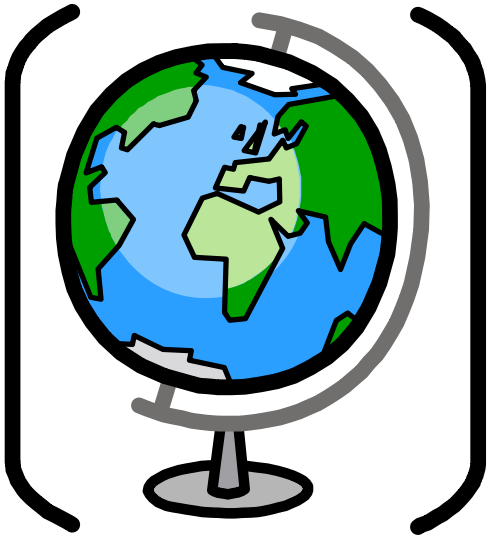My World: History, Geography and Science
Aims
My World brings together History, Geography and Science to be one of the driving forces of the thematic curriculum. Our curriculum focusses on the areas of History, Geography and Science that we feel are the most important for our pupil’s to learn and understand about their World, particularly their local World around them.
- Pupils develop an understanding of the World around them.
- Pupils have opportunities to explore their local area.
- Pupils become inquisitive about their World.
- Pupils have opportunities to take part in practical experiments and outdoor learning to support understanding and encourage their skills to question and enquire.
- Pupils develop Knowledge and are able to recall information.
Overview of Curriculum Area: Intent
| Explorers | Learning is based on Readiness for Further Learning ‘The World around us’. Pupils explore their learning and their local environment to become familiar with places, routines and procedures so that they can feel safe interacting and exploring the World around them. In these classes, pupils will begin to develop their knowledge and understanding of their school and local community. |
| Discoverers | Pupils learn about the World around them through the half-termly theme. It does not specifically look at History, Geography or Science but allows pupils to explore key life skills within the topics through visiting local places and identifying objects to develop their understanding through practical opportunities within school and their community. |
| Enquirers | Pupils complete a six-week programme of learning based on the thematic topic; this will be from either History, Geography or Science. It takes the relevant aspects of the lower National Curriculum skills in order to give our pupil’s the key skills they need to have develop their understanding of the wider World which is put into a context that is relevant for our pupil’s. We aim to encourage enquiring minds and develop areas of Science, History and Geography that will help them to engage in and understand their World around them. |
| Navigators | My World will broaden their understanding of the thematic knowledge so that it may support their understanding of the wider world. My World lessons will encourage pupils to question and enquire about the World around them. Pupils may complete accreditations in these subject areas. |
| Cross-Curricular Links | How does My World support this? |
| STEAM | Science: Experimenting, questioning and experiencing practical activities that develop understanding of the World around them. Technology: The use and understanding of a variety of equipment to support experiments and practical Engineering: Developing an understanding of how man-made machines and structures, like cars, planes, robots and buildings, work. Arts: The development of Art and music where appropriate to support understanding of the My World content Maths: Linking Maths and Science together to help make sense of the World around them |
| English Skills | Reading instructions: Reading information and stories that are related to the My World theme, close links with English to support the learning to make stories meaningful to the theme. There are many opportunities for pupils to develop their reading skills. Writing: Completing written tasks within My World content. Developing writing skills, being able to write well-structured sentences and show awareness of spellings about my adventures in the local community. Speaking and Listening: Topic discussion, surveys. Talking to and listening to unfamiliar people whilst on trips in the local community. Learning to talk about what I see and hear whilst out and about. Understanding what things are so that I can tell people about my experiences. |
| Maths Skills | Collating, sorting and counting relevant information about a topic. Understanding patterns, using number to collate information and statistics to compare information. |
| SMSC and British Values | Moral: understanding how we look after our World and each other. Understanding that we treat nature and each other with kindness so that everyone is able to flourish and develop to their potential. Social: Understanding that there are certain expectations on behaviour towards each other, different social groups and when out and about on school visits to respond appropriately towards others. Cultural: Learning about different cultures and traditions, showing respect for different cultures. Understanding why people have different ways of living and respecting their beliefs. British Values: Understanding what it is to be British and through trips and visits how we can further understand the World around us to be able to cope and thrive in our local community. |
Extended Opportunities/ Celebration:
Exciting starters and fab finishes to share and celebrate the topic learning with the whole school and parents.
It is paramount to this area of the curriculum that there are opportunities to have visitors come in to school relevant to each theme and take trips and visits out into the local community to develop pupils understanding of the World around them.





